Crush the Composition
Transform the Way You Look at Photography to Get the Best Images You've Ever Taken
Scott Kelby
Best-Sellers, Composition, Creativity, Ebook, Photography, Print, Print and digital bundleRead More
Uncover the transformative power of composition and elevate your photography!
If you bought a book from the 1940s on photography composition, what would you imagine its chapters might be? “Rule of Thirds”? “Leading Lines”? “Using Patterns”? Exactly. Heck, the phrase “leading lines” in photography composition was first used back in the late 1700s, but after all this time, we’re still teaching these rules of composition. Why? It’s probably because they actually work pretty well, but they only scratch the surface of composition. After all, there has got to be more to great composition than just those rules or everybody would already be a composition master, right?
That’s what sets Crush the Composition apart. Written by photographer and best-selling author Scott Kelby, it’s the first book of its kind to take you beyond the time-honored rules of composition covered in every book on composition since the beginning of photography and share the concepts that nobody has been talking about—until now. These are some of the best-kept secrets in photography, and Scott unveils them all here in this groundbreaking new book whose layout and design put one leg in the classroom and one leg on the coffee table. You’re holding a book that has the power to transform the way you see, frame, and create images from this day forward because it will give you a clear plan of exactly what to do when you pick up your camera and start to frame up your shot.
You’ll learn exactly how to “work the scene” when it comes to photographing landscapes, travel, and even portraits, along with what to do first, what to do next, and how to move step by step through the process. Plus, you’ll learn:
• What to do when the classic rules don’t apply (for example, what you can do if there are no leading lines or using the rule of thirds doesn’t work).
• How to vary your settings and how it can change your composition. Plus, you’ll learn not only when to do it but, most importantly, why you’d want to in the first place.
• How to add depth to your images, so they go from looking flat to having that deep, epic feeling that draws the viewer into your image.
• How to compose for great-looking portraits and why certain composition decisions can make your subject look their very best.
• How to use sharpness and depth of field to your advantage and how they play into your entire composition (it’s more powerful than you’d think).
You’ll also find a chapter on composition tips and tricks, and there’s even a short chapter that covers those classic rules of composition. But, instead of dedicating an entire chapter to each rule, each one is just one page—they’re short, sweet, and to the point, so you get them out of the way fast. They’re still valid, but the way Scott describes them, in his trademark casual style, all you’ll need is that one page and you’ll totally “get” them. That way, you can focus on the stuff that goes way beyond just those classic rules.
It’s all here in the only book of its kind, so get ready to rethink everything and come away with the type of images you’ve always dreamed of creating.
Table of Contents
Chapter 1: Seeing Differently
Chapter 2: Work the Scene
Chapter 3: Change Your Perspective
Chapter 4: Work the Sharpness
Chapter 5: Work the Settings
Chapter 6: Add Depth to Your Composition
Chapter 7: The Power of Simplicity
Chapter 8: Composition for Portraits
Chapter 9: How to Critique Your Own Work
Chapter 10: Composition Tips
Chapter 11: The Classic Rules of Composition
Chapter 12: The Numbers Behind the Pixels
Read Less
- Print and eBook Bundle: $59.99
- Print Book: $50
- eBook: $44.99
| BOOK AUTHOR | Scott Kelby |
|---|---|
| PAGE COUNT | 292 pages |
| TRIM SIZE | 10 x 10in |
| COVER | Soft Cover - with flaps |
| ISBN | 9798888142493 |
| PUBLISH DATE | 11/2024 |
Chapter 2: Work the Scene
Chapter 3: Change Your Perspective
Chapter 4: Work the Sharpness
Chapter 5: Work the Settings
Chapter 6: Add Depth to Your Composition
Chapter 7: The Power of Simplicity
Chapter 8: Composition for Portraits
Chapter 9: How to Critique Your Own Work
Chapter 10: Composition Tips
Chapter 11: The Classic Rules of Composition
Chapter 12: The Numbers Behind the Pixels
1 review for Crush the Composition
You must be logged in to post a review.
Related products
-
The Fujifilm X-T20
Camera Brands, Ebook, Fujifilm, Photography This product has multiple variants. The options may be chosen on the product page $19.99 – $34.99The Fujifilm X-T20
Camera Brands, Ebook, Fujifilm, Photography This product has multiple variants. The options may be chosen on the product page $19.99 – $34.99 -
The Flash Book
Ebook, Lighting, Photography, Popular Techniques, Print, Print and digital bundle This product has multiple variants. The options may be chosen on the product page $23.99 – $39.99The Flash Book
Ebook, Lighting, Photography, Popular Techniques, Print, Print and digital bundle This product has multiple variants. The options may be chosen on the product page $23.99 – $39.99 -
Out of stock
Wedding Storyteller, Volume 2
Ebook, Lighting, Photography, Popular Techniques, Posing, Print, Print and digital bundle, Specialized Topics, Wedding This product has multiple variants. The options may be chosen on the product page $39.99 – $59.99Wedding Storyteller, Volume 2
Ebook, Lighting, Photography, Popular Techniques, Posing, Print, Print and digital bundle, Specialized Topics, Wedding This product has multiple variants. The options may be chosen on the product page $39.99 – $59.99 -
David Busch’s Canon EOS Rebel T7i/800D Guide to Digital SLR Photography
Camera Brands, Canon, David Busch, Ebook, Photography, Print, Print and digital bundle This product has multiple variants. The options may be chosen on the product page $31.99 – $49.99David Busch’s Canon EOS Rebel T7i/800D Guide to Digital SLR Photography
Camera Brands, Canon, David Busch, Ebook, Photography, Print, Print and digital bundle This product has multiple variants. The options may be chosen on the product page $31.99 – $49.99
Related products
-
David Busch’s Canon EOS Rebel SL2/200D Guide to Digital SLR Photography
Camera Brands, Canon, David Busch, Ebook, Photography, Print, Print and digital bundle This product has multiple variants. The options may be chosen on the product page $31.99 – $49.99David Busch’s Canon EOS Rebel SL2/200D Guide to Digital SLR Photography
Camera Brands, Canon, David Busch, Ebook, Photography, Print, Print and digital bundle This product has multiple variants. The options may be chosen on the product page $31.99 – $49.99 -
The Apple Photos Book for Photographers, 2nd Edition
Apple Photos, Ebook, Image Editing, Photography, Print, Print and digital bundle This product has multiple variants. The options may be chosen on the product page $23.99 – $39.99The Apple Photos Book for Photographers, 2nd Edition
Apple Photos, Ebook, Image Editing, Photography, Print, Print and digital bundle This product has multiple variants. The options may be chosen on the product page $23.99 – $39.99 -
The Enthusiast’s Guide to Lightroom
Ebook, Enthusiast's Guides, Image Editing, Lightroom, Photography, Print, Print and digital bundle, Software This product has multiple variants. The options may be chosen on the product page $19.99 – $34.99The Enthusiast’s Guide to Lightroom
Ebook, Enthusiast's Guides, Image Editing, Lightroom, Photography, Print, Print and digital bundle, Software This product has multiple variants. The options may be chosen on the product page $19.99 – $34.99 -
David Busch’s Nikon D7500 Guide to Digital SLR Photography
David Busch, Ebook, Nikon, Photography, Print, Print and digital bundle This product has multiple variants. The options may be chosen on the product page $35.99 – $54.99David Busch’s Nikon D7500 Guide to Digital SLR Photography
David Busch, Ebook, Nikon, Photography, Print, Print and digital bundle This product has multiple variants. The options may be chosen on the product page $35.99 – $54.99

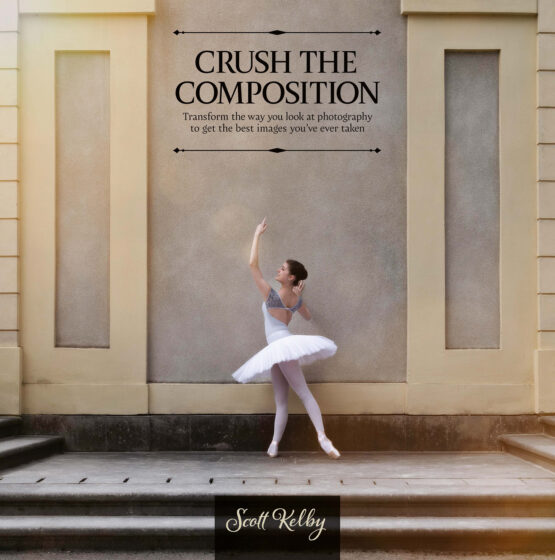
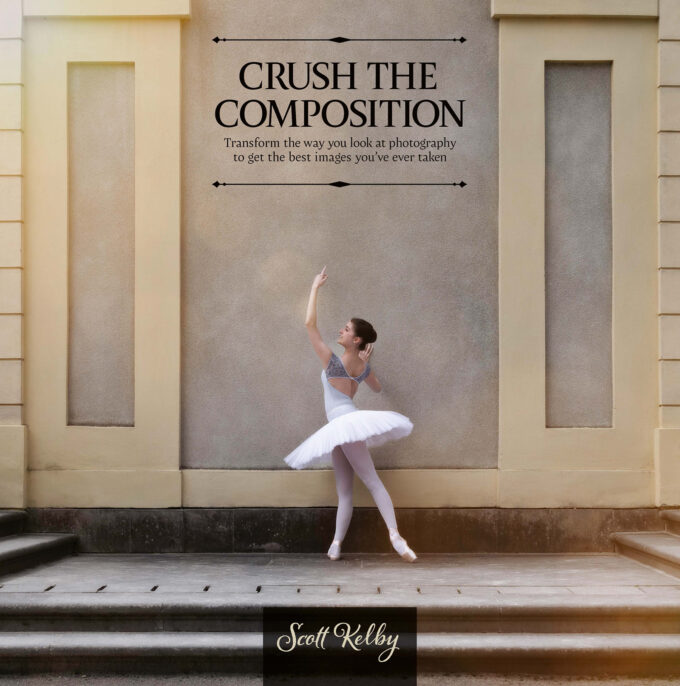
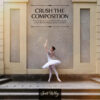

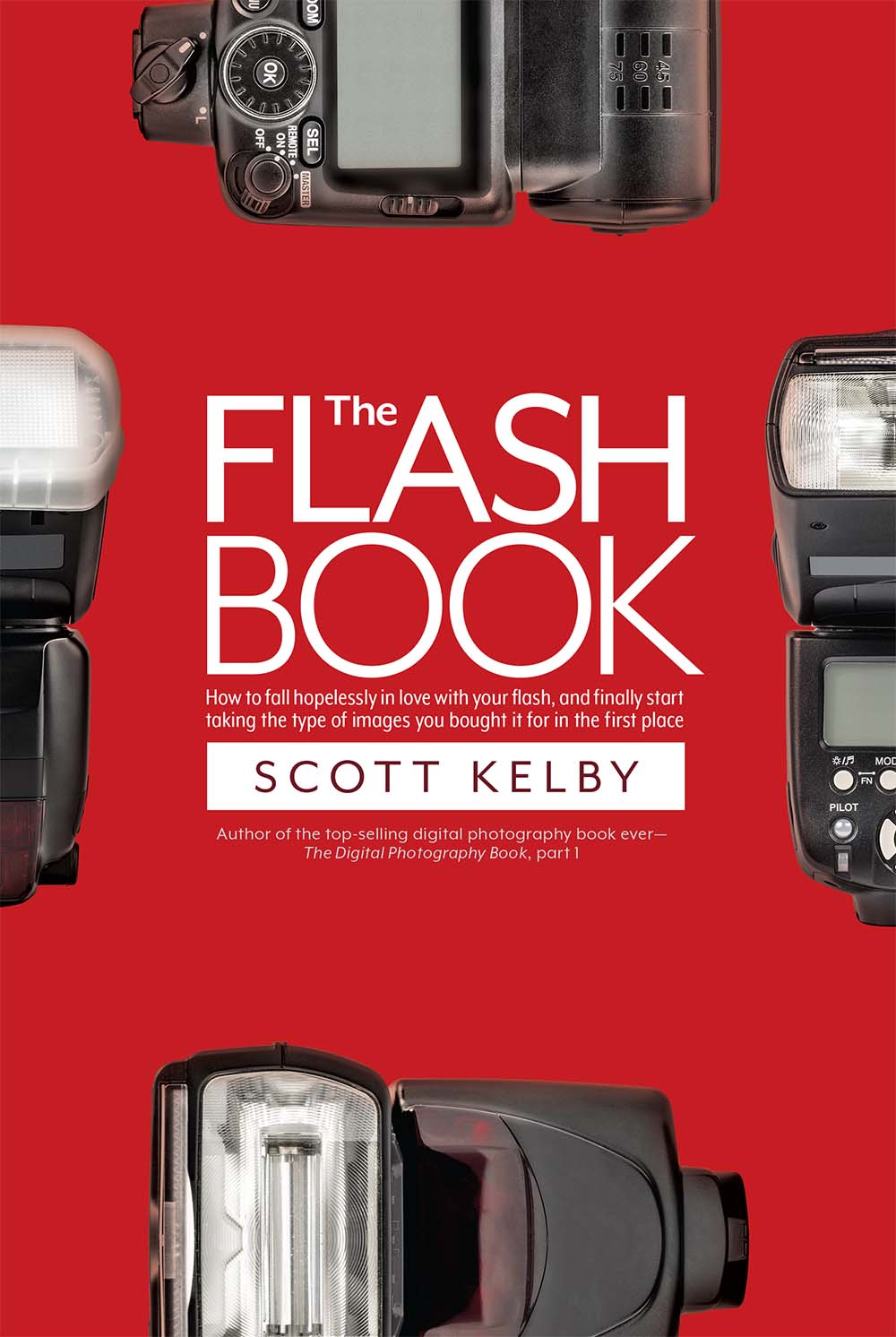

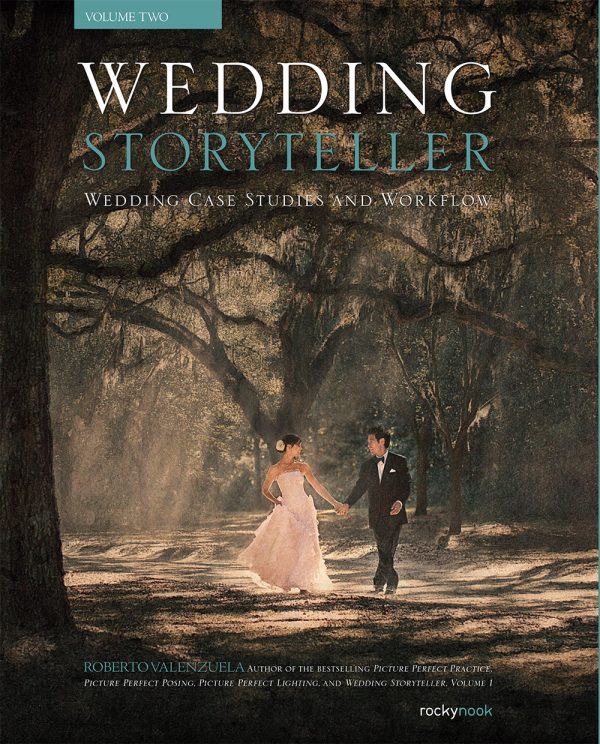



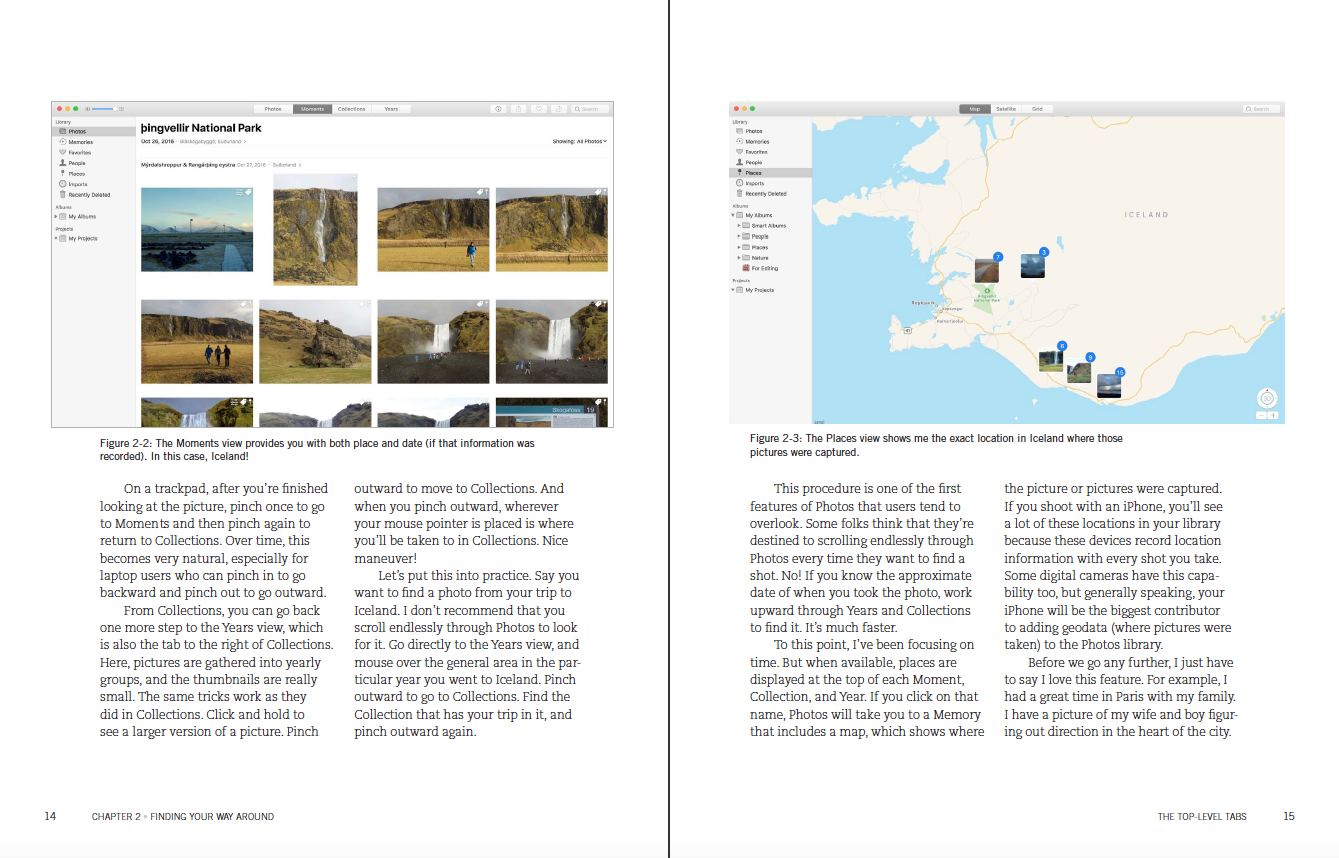
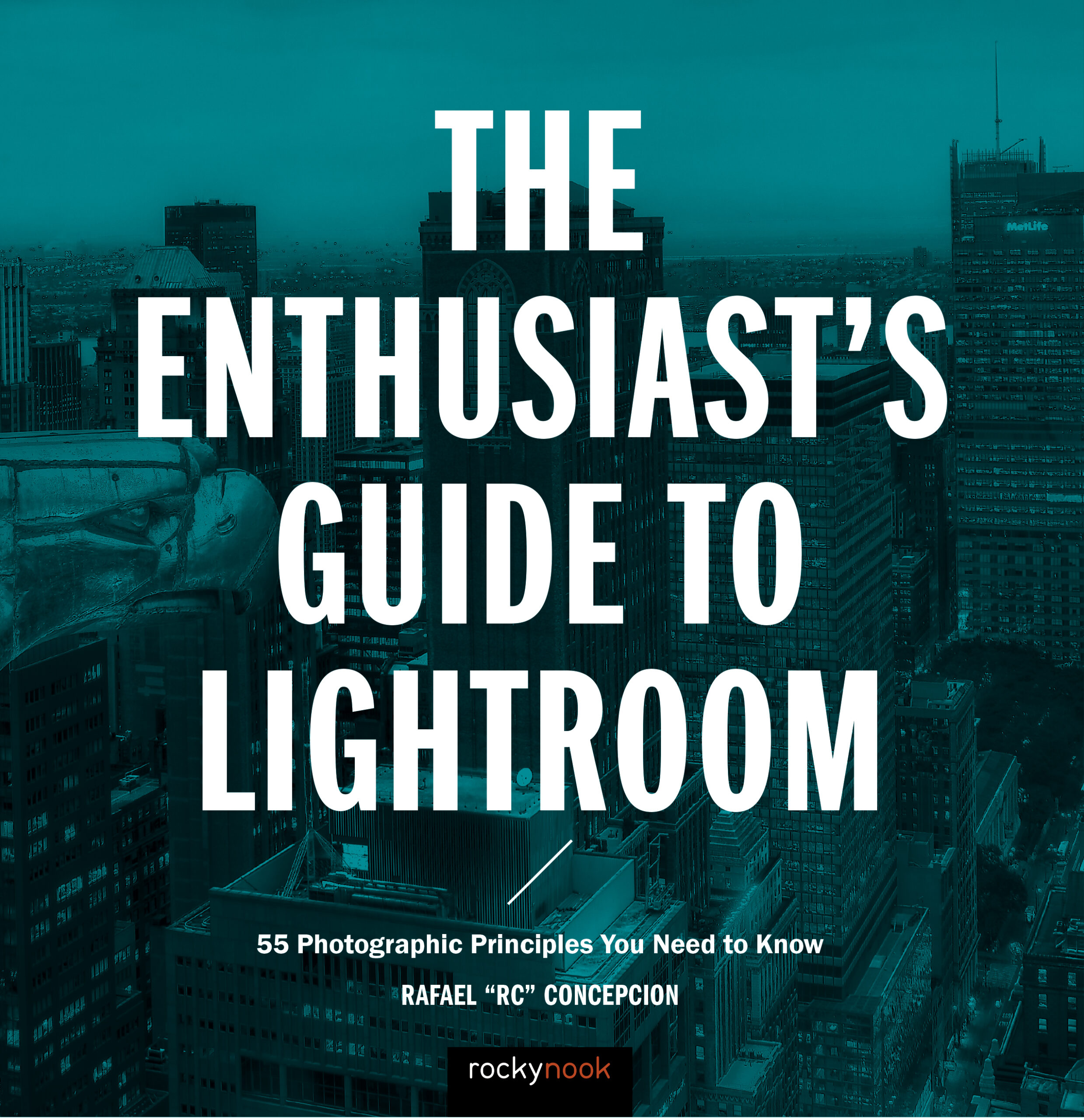
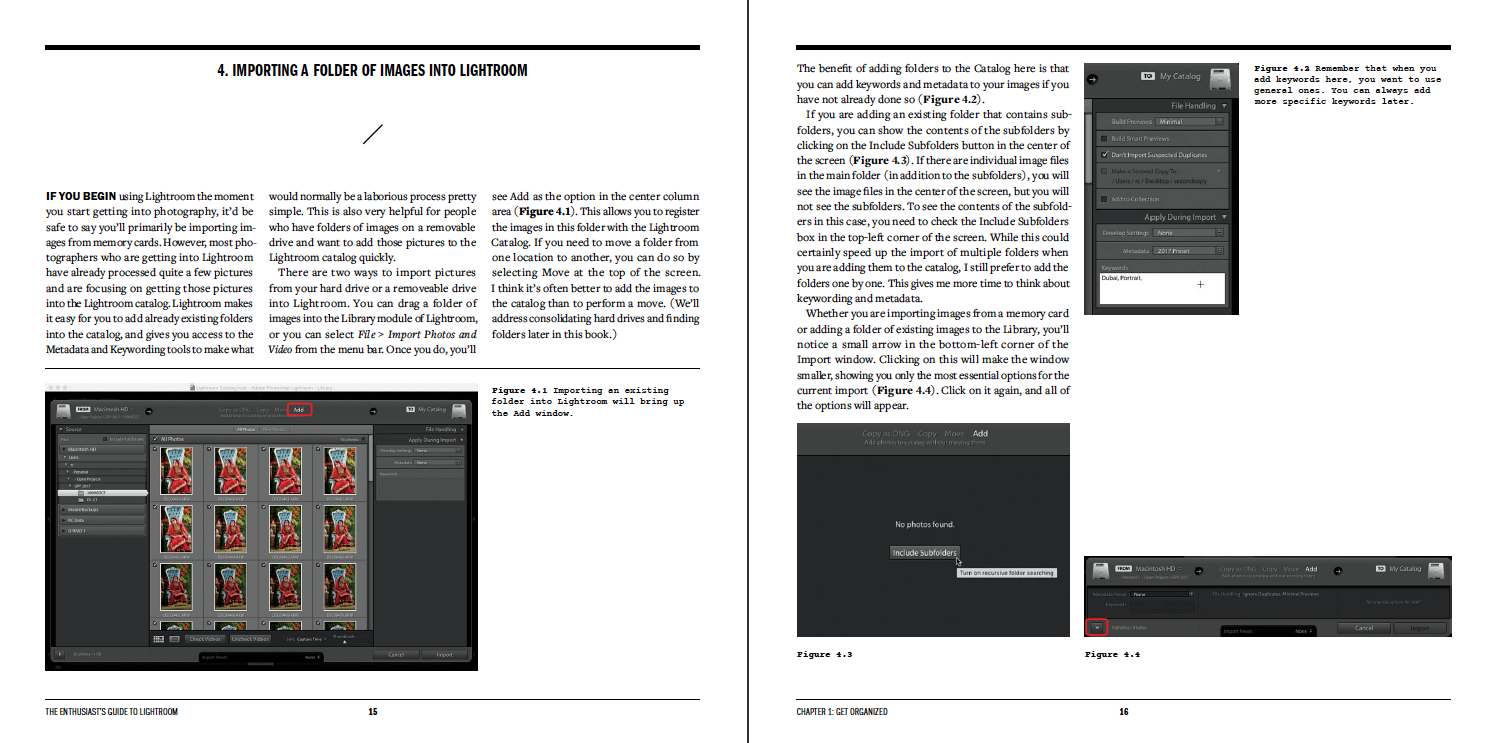

Dodie Ross (verified owner)
This is by far my favorite book written by Scott Kelby. His books are all wonderful, but this one, wow!! Definitely helpful and beautifully done! Easy to read, understand and the photography depicts everything he discusses in the chapters. Scott demonstrates his amazing skills as a photographer and an educator; whether novice or expert, you will come away with knowledge and appreciation of photography. Oh and by the way, it looks great on the coffee table but it’s so good, you won’t want to put it down.